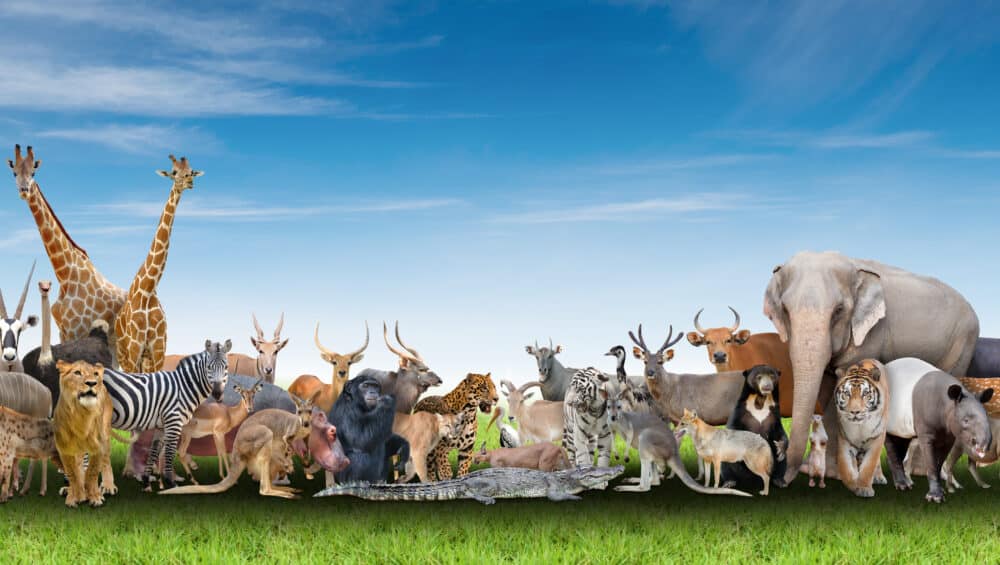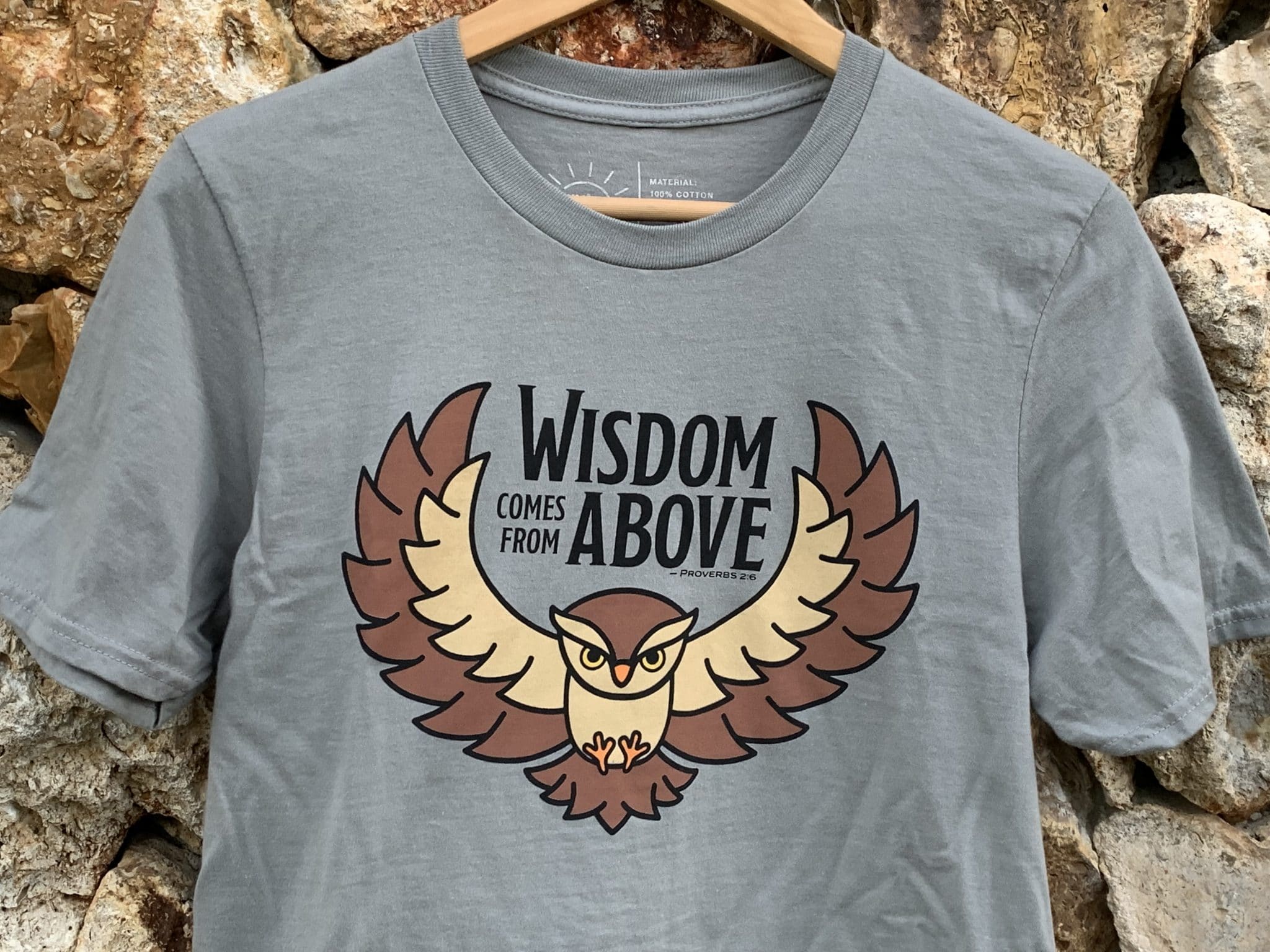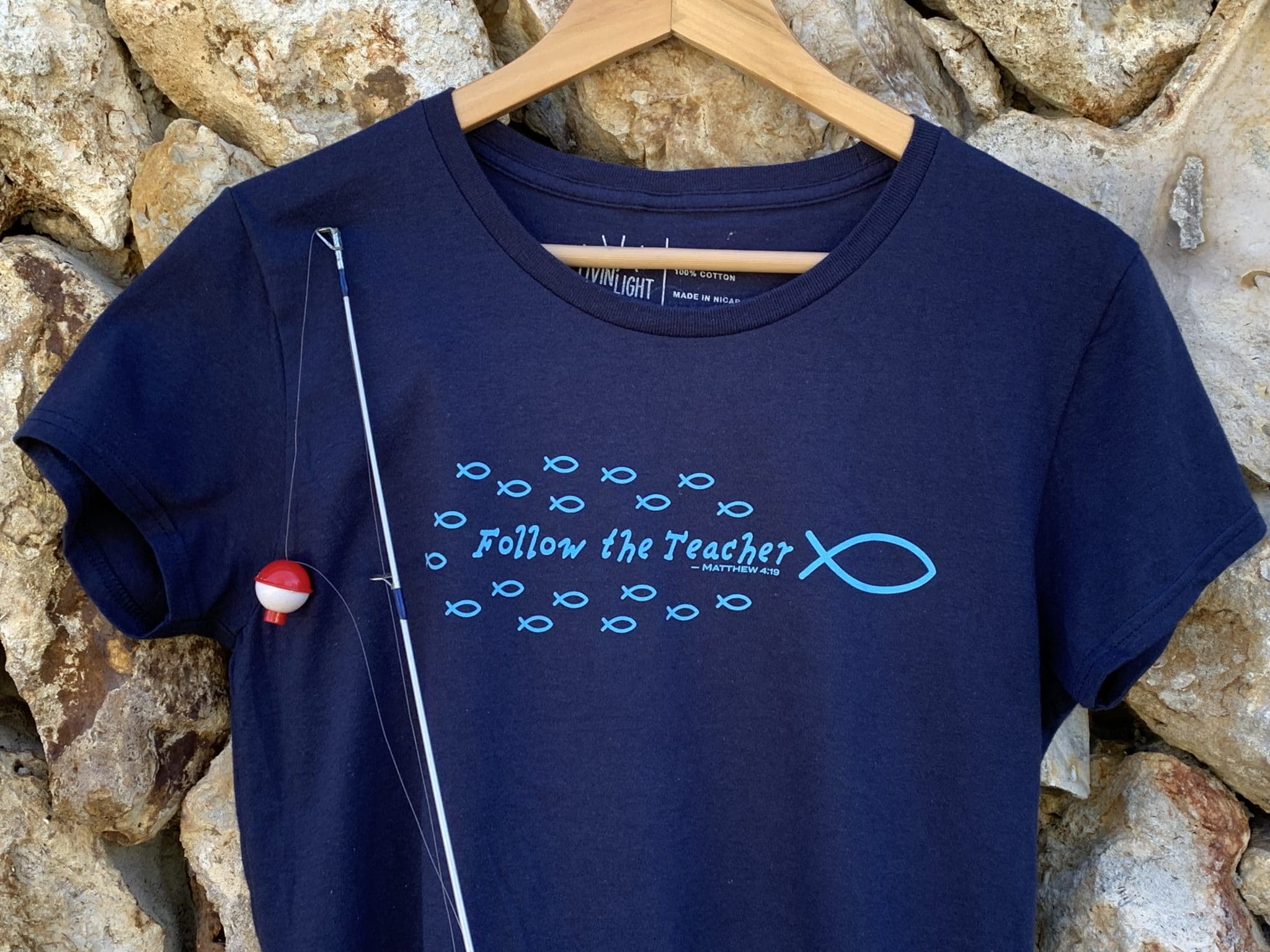Welcome to Livin’ Light’s Bible-In-A-Year challenge of discovering God’s love for us and His purpose for our lives. Here is the format for this great adventure: The daily reading assignment is posted at 5 a.m. After each day’s reading, Leigh An Coplin, the blog host, shares observations and poses questions about difficult passages to Rob Fields, who studied Christian Education at Asbury Seminary and currently teaches Biology in the Orlando area. To start from the beginning, click on 365 Bible Readings and scroll down to Day 1. The reading schedule is taken from The One Year Chronological Bible NLT.
Today’s Reading
— Genesis 4-5
— 1 Chronicles 1:1-4
— Genesis 6
(Before 3000-2500 BC) Click here for a timeline of the whole Bible.
Questions and Comments
Q. (4:14,17): If Adam and Eve were the first ones on Earth, then why was Cain worried that others may kill him? And, likewise, where did Cain find his wife?
A. Ok, let’s see what we have here. At this point in the narrative, we have the author telling us about exactly four people: Adam, Eve, Cain (their oldest, or at least older son) and Abel (their youngest or at least younger son). Since there are references to other people around (not to mention no other women!), the story is, to me, NOT saying that these are the only four people on earth. There are two possibilities: either the author is assuming that readers will know there are other people around from other parental lines that are not mentioned (in other words, different tribes or families), or that Adam and Eve had many children (male and female) but the author is choosing to only focus in on these two. I honestly couldn’t tell you exactly which.
One other things that is going on that is worth mentioning is that the author does not appear interested in telling the story of the ENTIRE human race, which tends to be the way we read this story. Instead, what he appears to be doing is setting up to paths of Adam and Eve’s descendants: the noble way of Abel and later Seth, which honors God (and will be our primary focus in subsequent chapters), and the way of the descendants of Cain, which culminate in “evil” Lamech (since Seth’s descendants had a Lamech as well- see 5:25)
Q. (4:17-22): Are these verses describing a nomadic culture? Before that, they were agrarian? I always thought nomadic ways predated agrarian.
A. While agrarian society did come after hunter/gatherer days, I don’t think the concepts you are describing here are applicable to the story. What you’re talking about is called the Neolithic Revolution, which is the transition that happened somewhere around 10,000 BC (some say it was much later, like 5000 or 6000 BC). Over a long period, human kind moved from being primarily hunters and gatherers to relying on agrarian means of creating food and other crops for survival. This is how we got the beginnings of modern cities and culture. But when it says that, for example, Abel kept flocks, it doesn’t mean he is a hunter: that is still an agrarian method of survival; Abel wasn’t hunting wild sheep, he was keeping domesticated ones. BOTH Cain and Abel were agrarian, just not in the same way. If I were guessing, I would say that none of the people described are hunters; they all appear to keep animals or grow crops.
Q. (4:24): Why would someone be punished 77 times if they killed Lamech?
A. One of the important concepts to grasp here (and throughout Genesis) is that the author does not appear interested in answering all of our questions, especially about secondary characters such as Lamech. We have no idea who the men (or man, it might be one) were that he killed, or what is so “special” about him.
Here’s my guess (for what its worth): Lamech is saying that he has killed two people- the “man” and the “young man”(rather than the one person Cain killed), and therefore he would receive “twice” the punishment of his ancestor Cain (i.e. 2 sevens of punishment rather than just one).
The larger point that the author is pointing to, however, is clear: the sin that mastered Cain continued down his family line, so that his descendent would brag about being a murderer. The evil of Cain has culminated in the corruption of his descendant. Thus, with the corruption of Cain’s line established, the author steps back and shows how the death of Abel did not prevent God’s people from having in ancestor in Seth. The rest of the chapter follows the line of Seth as a contrast to Cain, and culminates with Noah. So Lamech is the culmination of Cain’s line (a bragging polygamous murderer), and Noah is the culmination of Seth’s line, walking in good relationship with God.
Q. (4:24): God took Enoch? Why?
A. Another one of those questions the author does not feel compelled to answer explicitly. The implication of the passage is that since Enoch walked in faithful relationship with God, and because of Enoch’s faith (according to Hebrews 11:5, where Enoch makes the spiritual “hall of fame”), God honored him and spared him from death.
Q. (6:3): God is talking of the Holy Spirit not putting up with humans for so long? So, God is introducing the The Holy Spirit here and likewise, the Trinity.
A. I think this is actually an “O” statement and not a “Q” statement, but I will try to address it anyway. I would disagree with this as the “moment” of the Spirit’s unveiling: the Spirit had an active role in the story of Creation (Gen 1:2), so we have already seen the Spirit person of the Trinity at work. The Old Testament in general, gives the implication of multiple “persons” at work in the Godhead, but the revealed presence of all three (the Trinity) is not revealed until the New Testament, and the word Trinity is never used in scripture; it is a concept word created by the Church fathers to explain the realities of what God had revealed to them.
Q. (6:4): My Bible dictionary says that Nephilites are heavenly beings that had intercourse with human women? This passage seems to come out of nowhere, but it brings up a subject that I have never known or studied.
A. There are lots of conjectures about the meaning of this passage (the beings are some sort of fallen angel or other “heavenly being”), but there is really nothing solid to go on. One more instance where we as readers are left scratching our heads and saying “what?” Once again, the main point of this passage is to point to the corruption of all of mankind, except for Noah and his family.
Q. (6:5): Again, if God made everything and humans are made in His image, then where does all the wickedness come from?
A. The wickedness comes from us as a race choosing to indulge our selfish choices (our sinful nature) rather than the divine image that remains with us (our divine nature). We see the continued descent of the human race over the first six chapters of this story. Things will continue to get worse until the introduction of our hero, Abram, in chapter 11.
For further study
— How are we made in the image of God and still sin? https://www.ligonier.org/podcasts/ask-ligonier/how-can-we-be-made-in-the-image-of-god-yet-still-be-sinful-in-nature
— Sibling rivalry at its best in the Bible: https://proverbs31.org/read/devotions/full-post/2020/02/28/sibling-rivalry
— Peruse other blogs at Livin’ Light.
Tomorrow’s reading: Genesis 7:1-10:5; 1 Chronicles 1:5-7; Genesis 10:6-20; 1 Chronicles 8-16; Genesis 10:21-30; 1 Chronicles 17-23; Genesis 10:31-32. (The reason that this jumps back and forth between Genesis and 1 Chronicles is because Chronicles is written as a record of the Israelites from the beginning. This adds credibility to Genesis since the accounts are retold by another author.












1 thought on “Day 2 (Jan. 2): Cain and Abel, Noah’s Ark”
I am really enjoying this. Excellent questions